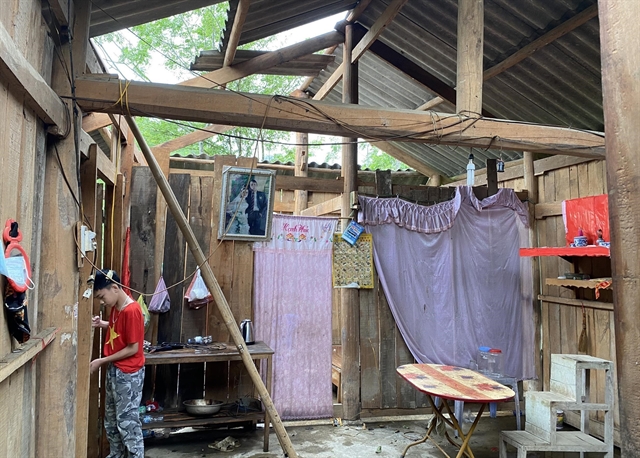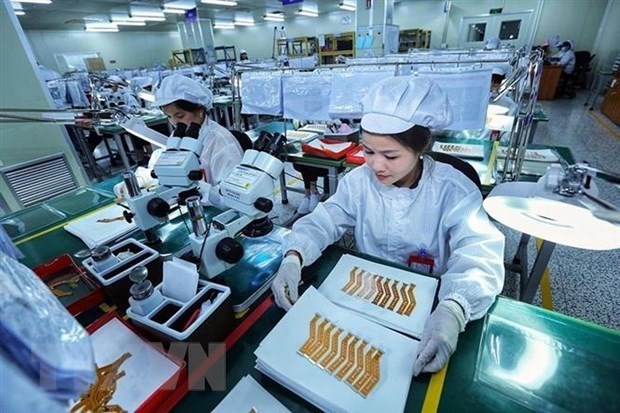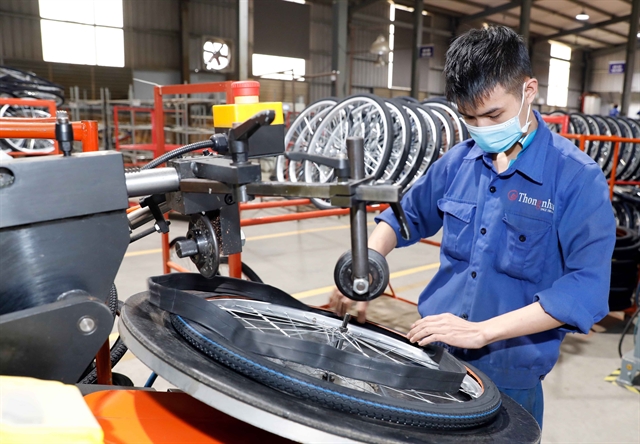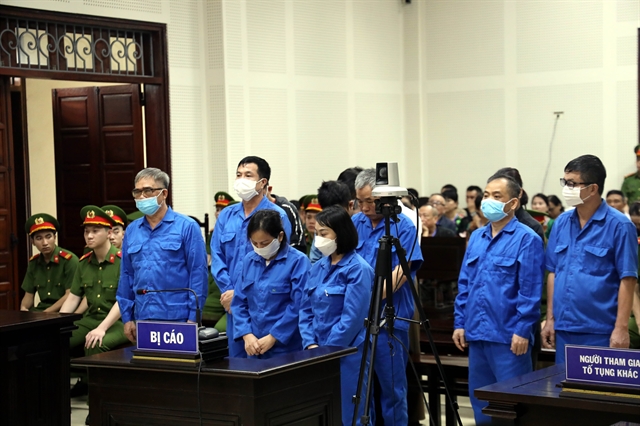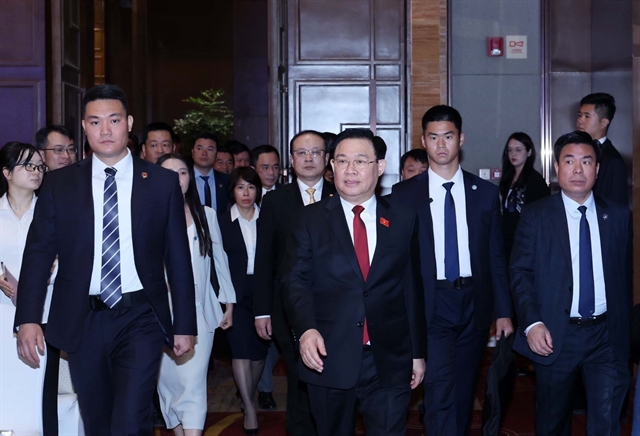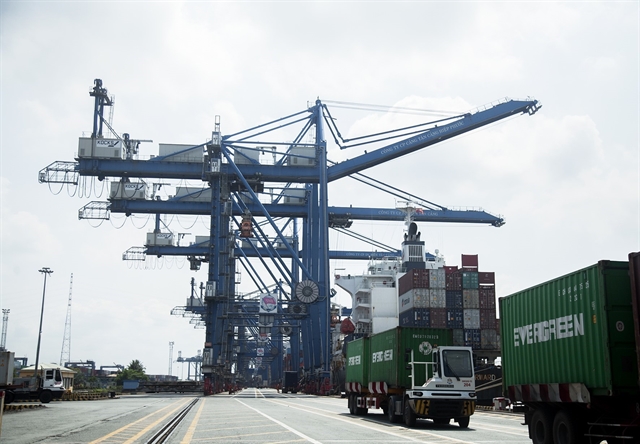

Bayer, a life sciences company, on Tuesday announced that it hopes to increase sales of key pharmaceutical products towards the 7 billion euro this year.
 |
| Representatives of Bayer Pharmaceuticals Division Asia Pacific and Bayer AG at the Asia Pacific Pharmaceuticals Media Day on Tuesday. — Photo courtesy of Bayer |
SINGAPORE — Bayer, a life sciences company, on Tuesday announced that it hopes to increase sales of key pharmaceutical products towards the 7 billion euro this year.
The key products include its non-vitamin K antagonist oral anticoagulant, eye medicine (anti—VEGF treatment solution for eye injection), the company said.
This year it plans to generate sales of more than 16.5 billion euros for its pharmaceuticals division globally, it said.
To achieve the goal, it said it would continue to invest heavily in research and development, focusing on cardiovascular disease and cancer related to ageing.
Last year it had invested nearly 4.5 billion euros in R&D, over 64 per cent of it in pharmaceuticals.
The investment in R&D has nearly doubled since 2014, it said.
It revealed that its pharmaceuticals pipeline is well stocked with about 50 development projects in phases one to three of clinical development to serve unmet needs.
Dr Chuan Kit Foo, head of medical affairs, Bayer pharmaceuticals division, Asia Pacific, said of them, six would have the potential to treat various types of cancers, diabetic kidney disease, chronic heart failure, and uterine fibroids which are also prevalent in the Asia Pacific population.
In addition to new drug candidates, the company is carrying out studies with existing products to further expand their spectrum of indications.
Fastest growing market in Asia Pacific
At the 2018 Asia Pacific Pharmaceuticals Media Day held in Singapore on Tuesday, Claus Zieler, senior vice president and head of commercial operations, Bayer Pharmaceuticals Division Asia Pacific, reported that 2017 was the seventh straight year of growth for its drug business in the Asia Pacific region.
Its pharmaceuticals business remained one of the fastest growing among top multinational drug companies in the region, he said.
“Sales grew by 8.5 per cent to more than 5 billion euros, making Asia Pacific the fastest growing region for the company’s pharmaceuticals sales in 2017.
“Sales in the region contributed about 30 per cent of the division’s global sales, which is the second largest contributor among all regions.
Speaking to Việt Nam News on the sidelines of the conference, Zieler said there are two factors involved in the company’s success: the aging population in the region which drives the demand for innovative medicines and the company’s innovative products addressing the unmet medical needs in the region.
“Asian society is aging. People are getting older and their medical needs have increased. That’s the trend we see in Asia.
“The other factor is that our portfolio of products is highly innovative and offer doctors the latest solutions to medical needs in the Asia Pacific.”
Three key products last year were its oral non-vitamin K antagonist oral anticoagulant, eye medicine (anti—VEGF treatment solution for eye injection) and oral cancer therapy for first line treatment of advanced liver cancer, he said.
“Our innovative medicines provide solutions for the region’s major health challenges such as stroke, cancer and eye diseases related to aging and diabetes. We are heartened to see they continued to be well received by doctors and patients year after year.”
Markets that achieved high growth last year were Australia, China, South Korea, Taiwan, and Thailand.
Bayer last year announced the results of the COMPASS study, which investigated the benefits of Bayer’s oral non-vitamin K antagonist oral anticoagulant for patients with chronic coronary artery disease or peripheral disease.
In the field of cancer, the company has collaborated with Loxo Oncology Inc, a US bio-pharmaceutical company, to develop and commericalise two novel oncology therapies that selectively target the genetic drivers of cancer. With the
collaboration of Loxo Oncology, Bayer’s oncology pipeline will make a meaningful
difference for patients suffering from various types of cancer.
The company embraces various forms of collaboration ranging from traditional licensing partnerships and strategic research alliances with companies and academia to new models of open innovation involving entrepreneurs, start-ups and young researchers.
Last November the company celebrated its 10th year of partnership with Singapore institutions in clinical and translation research in cancer and heart diseases with the support of the Singapore Economic Development Board.
The collaboration was set up to jointly find cures for diseases prevalent in Asia. So far the company has invested S$27 million in projects under this collaboration. — VNS

